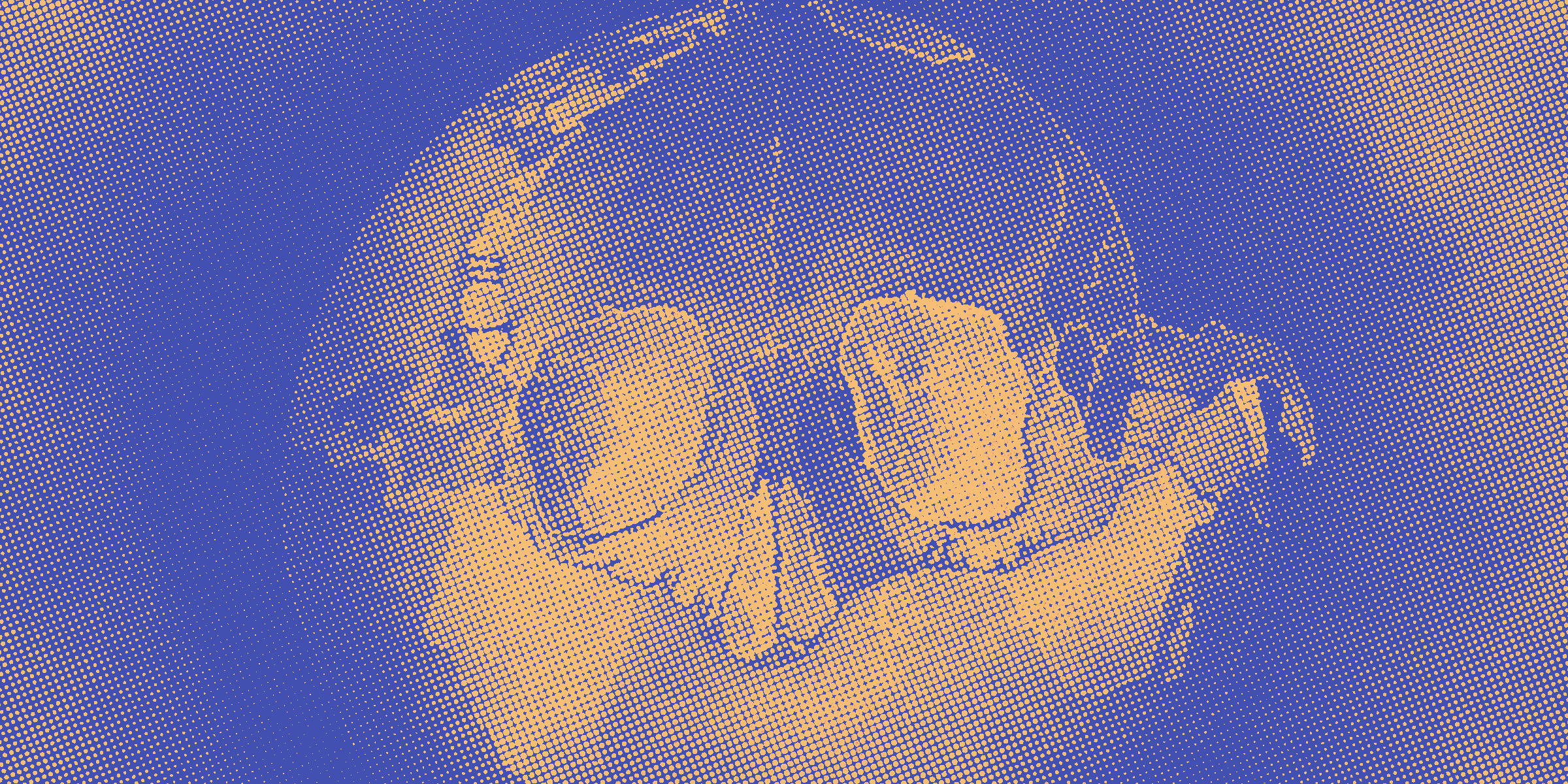Kraftwerk - Die Roboter/The Robots
Exploring the ironic "The Robots" by Kraftwerk. The source of much of the electronic music culture to follow.

Picture in your mind a red dirt mining town in the Australian outback. Now imagine a little kid listening to a bunch of German robots describing the future. Not just of the music industry, but of the world and his role in it. Needless to say, as that kid, this record blew my mind. So of course it had to be the very first pick in the Music That Matters series.
Released in 1978 under the original German title of "Die Roboter", this wasn't the first breakthrough for the band. Kraftwerk had accelerated to global fame thanks to the 1974 single "Autobahn" becoming an extremely unusual hit in the UK and then USA. A record that I'm sure will pop up in this series at some stage. But one that still defined Kraftwerk as a curious and avant-garde act from the industrial rebuilding (and reimagining) of post-war German youth. By the time "The Robots" dropped in the May of 1978, Kraftwerk had not only evolved into the melodic pop act that would secure continued global radio success, but had locked in the aesthetic that would shape culture for decades to come.
Before Daft Punk's mysertious late-night studio incident turned them into robots, before Gary Numan's friends became electric, it was Kraftwerk that informed the world with tutonic brevity that they were, in fact, robots.
Dance like a robot
"The Robots" is the classic example of Kraftwerk at their finest. The opening synth swells and bleeps that sounded so transfixing and alien to a 1980s child, now feel like well-craft soundscapes to plot the course. The kick dropping in under the analogue sequencer arppegio, the catchy topline melody, the vocal hook, the pop-style arrangement of verses and choruses... all elements we take for granted in modern pop music, were nothing if not pioneering in the 1970s.
As I wrote in my Kraftwerk deep dive, it's proving difficult to find the right balance of critique and context of a band that is both so singularly unique for its time, and so widely lavished praise by those who know. Any given YouTube comments thread about Kraftwerk will be an endless sea of "they were the orginal electronic act" and "legends before their time". Not wrong, but not terribly useful as a way to consider the actual impact in their time, and the time of those of us born just as they were slipping into their idle years.
There is a lot of material that has not stood up well in that time (and some noticeable omissions from the catalogue on streaming sites), but this is one of the tracks that is as incredible today as it was upon release. The 2009 remaster is an incredible listen on headphones (the master quality version on Tidal is especially nice once you turn the "autogain" option off).
Impact and influence
It goes without saying that this is an influential record just off the back of almost every electronic music producer you can think of being directly influenced by the band. But the entire aesthetic of this release was one that would first smash into popular culture, and then slowly radiate outward in waves.
A more academic consideration of "The Robots" would weave in Fritz Lang's Metropolis, the 1927 expressionist science-fiction film that deals heavily in the plight of humanity and introduces the world to life alongside robots. Such cultural landmarks would weave into the Kraftwerk story as time went on, but unlike Daft Punk's characterisation that they, as two humans turned into robots as characters (and a merchandising production line), the band used the forms as focus for abstraction. The robots are just machines. Albeit ones that clock in at the Kling Klang studios and write synth pop.
This is a theme that the founding duo of Ralph Hütter and Florian Schneider would embellish with exampes of their hometown of Düsseldorf, an industrial city heavy damaged during the Second World War, and paint their vision of the band as just an art project being built from those ruins. They ultimately achieved this vision - progressing from stunts that used manaquins to stand in for the band on French TV broadcasts (or sit in the front row of concerts while on tour), to the fully automated portions of their live show in more recent years.
But of course, all of that is needlessly heavy thinking for what at its core, as the band themselves were to remind us (and departed member Wolfgang Flür would reveal in his tell-all book) often just came down to... interesting pop music. And for a kid lying on the floor in front of the stereo in an old house in the Australian outback, that was more than mind blowing enough.


